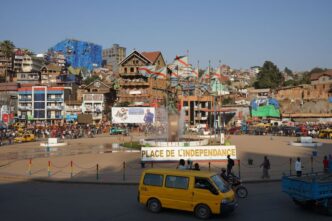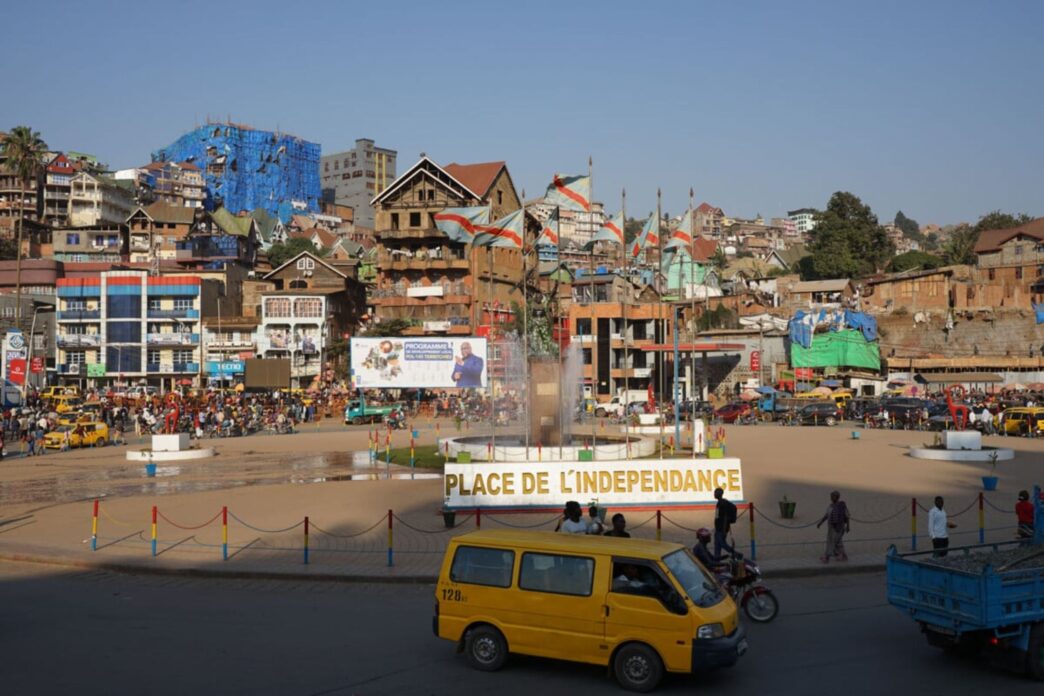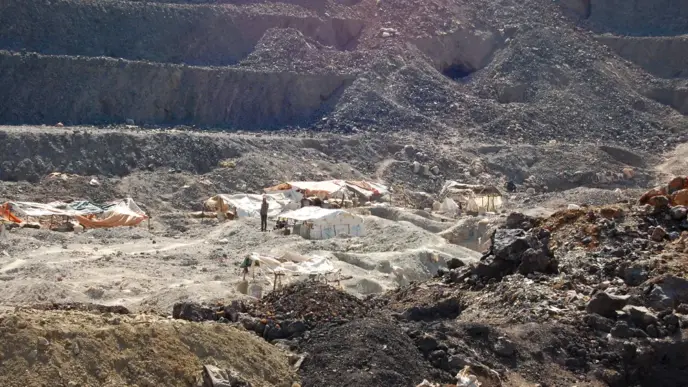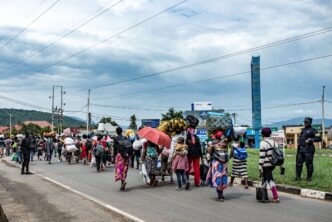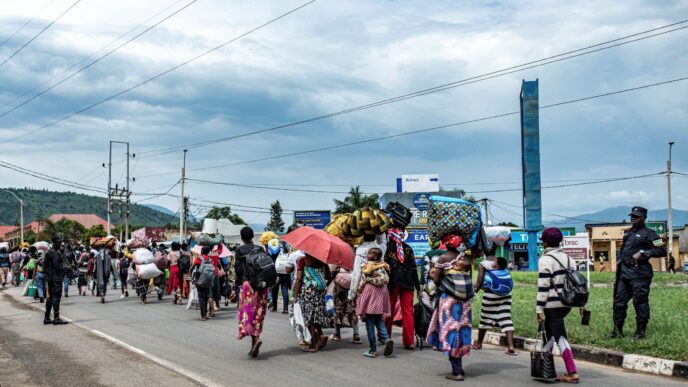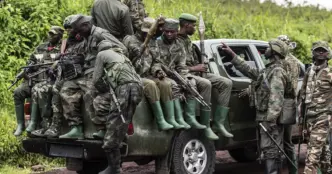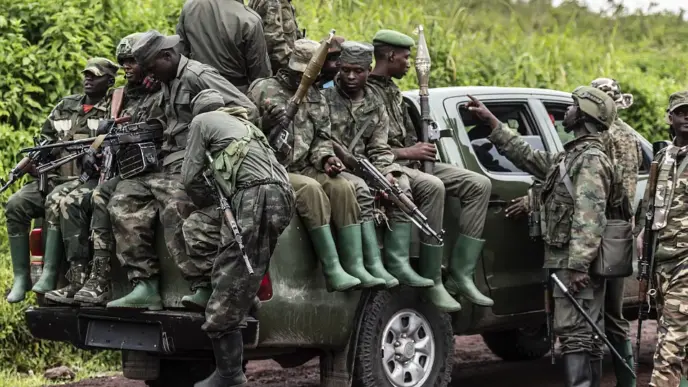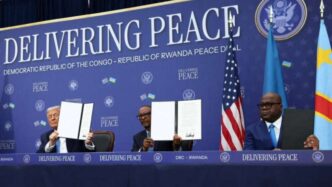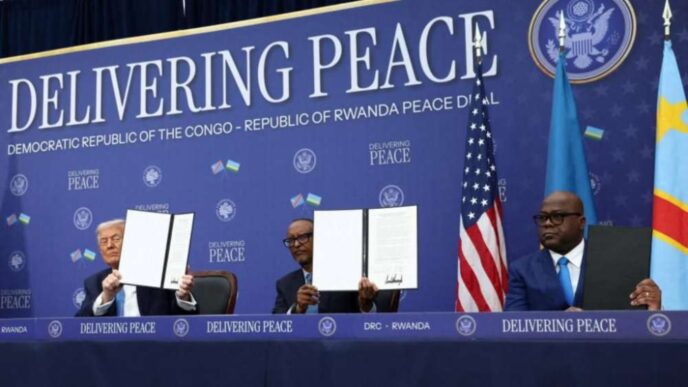Even though the M23 militia has taken control of the two main cities in eastern Democratic Republic of Congo, some locals are rejoicing over the wealth they have acquired from cryptocurrency trading.
Crypto trading appears to be a potential solution to the economic turmoil affecting the area, where the Kinshasa government has shut down banks to stop the funding of Rwanda-supported rebels, but it often masks well-organised scams that prey on the already vulnerable population.
“With $1,000 in investments, I earn between $672 and $700 each month,” boasted John, a civil servant and artist in South Kivu’s capital, Bukavu.
“My first investment was $800, after 30 days I withdrew $480 and left $1,000 in my account. Currently, I earn $2,000, $4,000, which allows me to advance my businesses, my projects, and repay my debts,” he said while sipping an imported beer, the only option since the local brewery shut down due to the fighting.
He said the only requirement is to connect multiple times a day and bring others into the mysterious online trading platform, which claims to be a foundation based in the United States.
This operation resembles a pyramid scheme, which relies entirely on enrolling new participants and poses a significant risk to its investors.
In a central African nation devastated by years of conflict, online scams have found “fertile ground,” according to Justin Murhula, a digital security educator in Bukavu.
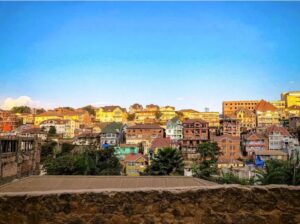
Kinshasa signed a deal with the M23 for a permanent ceasefire in Doha in July, following a US-brokered agreement in June to end the conflict between the DRC and Rwanda, but these initiatives have yet to halt the violence, restore banking services, or offer any economic relief.
The M23, which has seized control of the key eastern cities of Goma and Bukavu, has instituted various taxes to fund its parallel governance while encouraging residents to utilise mobile payment options.
With police stations and courts abandoned since the armed group’s takeover, there is no system or authority in place to tackle scams in the region.
Online scams have flourished in the DRC and neighbouring countries since before the M23 resurfaced, leading to multiple Ponzi schemes that have caused financial ruin for many.
In a nation where around 73 per cent of the population survives on less than $2 a day, for some individuals, the chance to take a risk is more appealing than the potential dangers.


 Trending
Trending 
